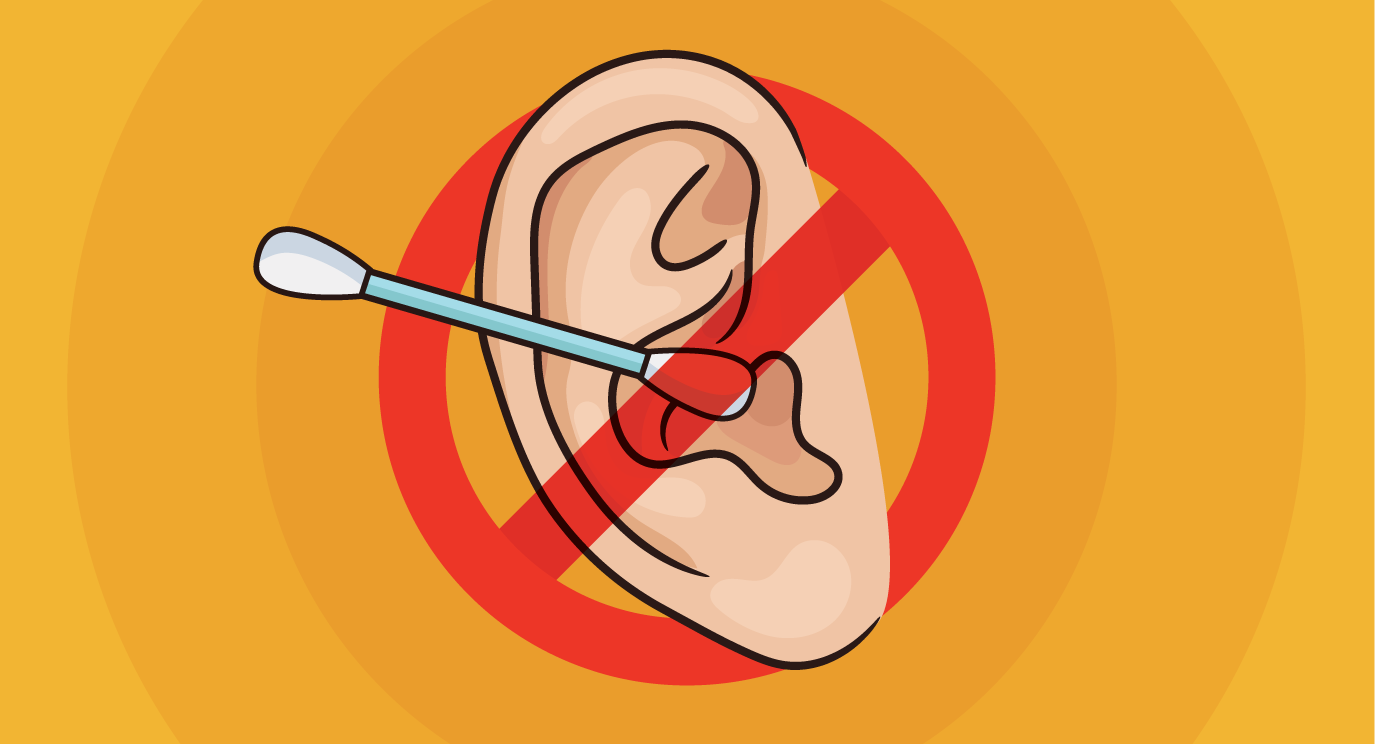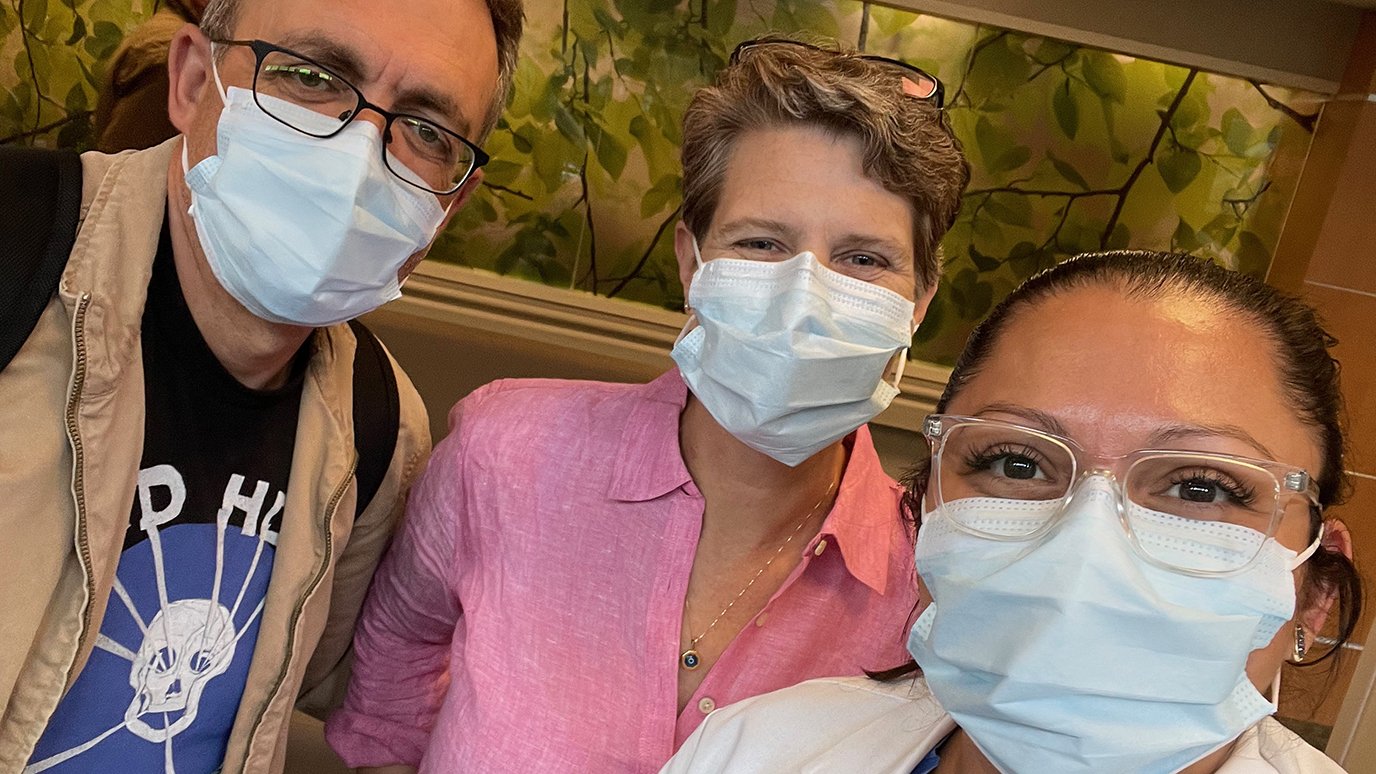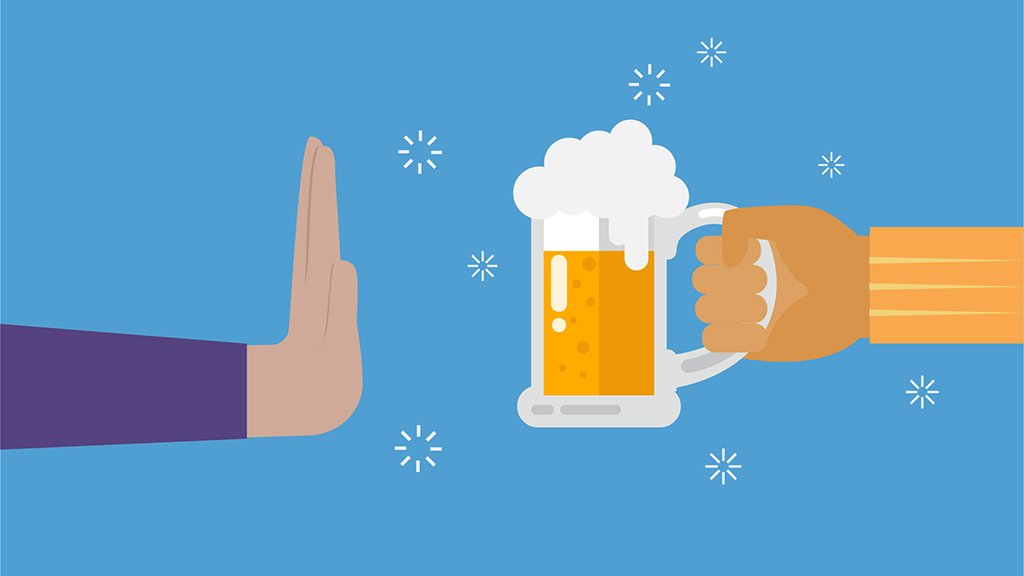- Diseases
- Acoustic Neuroma (16)
- Adrenal Gland Tumor (24)
- Anal Cancer (70)
- Anemia (2)
- Appendix Cancer (18)
- Bile Duct Cancer (26)
- Bladder Cancer (74)
- Brain Metastases (28)
- Brain Tumor (234)
- Breast Cancer (728)
- Breast Implant-Associated Anaplastic Large Cell Lymphoma (2)
- Cancer of Unknown Primary (4)
- Carcinoid Tumor (8)
- Cervical Cancer (164)
- Colon Cancer (168)
- Colorectal Cancer (118)
- Endocrine Tumor (4)
- Esophageal Cancer (44)
- Eye Cancer (36)
- Fallopian Tube Cancer (8)
- Germ Cell Tumor (4)
- Gestational Trophoblastic Disease (2)
- Head and Neck Cancer (14)
- Kidney Cancer (130)
- Leukemia (342)
- Liver Cancer (50)
- Lung Cancer (286)
- Lymphoma (278)
- Mesothelioma (14)
- Metastasis (30)
- Multiple Myeloma (100)
- Myelodysplastic Syndrome (60)
- Myeloproliferative Neoplasm (6)
- Neuroendocrine Tumors (16)
- Oral Cancer (102)
- Ovarian Cancer (178)
- Pancreatic Cancer (162)
- Parathyroid Disease (2)
- Penile Cancer (14)
- Pituitary Tumor (6)
- Prostate Cancer (150)
- Rectal Cancer (58)
- Renal Medullary Carcinoma (6)
- Salivary Gland Cancer (14)
- Sarcoma (238)
- Skin Cancer (302)
- Skull Base Tumors (56)
- Spinal Tumor (12)
- Stomach Cancer (66)
- Testicular Cancer (28)
- Throat Cancer (92)
- Thymoma (6)
- Thyroid Cancer (100)
- Tonsil Cancer (30)
- Uterine Cancer (86)
- Vaginal Cancer (18)
- Vulvar Cancer (22)
- Cancer Topic
- Adolescent and Young Adult Cancer Issues (22)
- Advance Care Planning (12)
- Biostatistics (2)
- Blood Donation (18)
- Bone Health (8)
- COVID-19 (360)
- Cancer Recurrence (120)
- Childhood Cancer Issues (120)
- Clinical Trials (628)
- Complementary Integrative Medicine (22)
- Cytogenetics (2)
- DNA Methylation (4)
- Diagnosis (240)
- Epigenetics (6)
- Fertility (62)
- Follow-up Guidelines (2)
- Health Disparities (14)
- Hereditary Cancer Syndromes (128)
- Immunology (18)
- Li-Fraumeni Syndrome (8)
- Mental Health (122)
- Molecular Diagnostics (8)
- Pain Management (62)
- Palliative Care (8)
- Pathology (10)
- Physical Therapy (18)
- Pregnancy (18)
- Prevention (940)
- Research (390)
- Second Opinion (78)
- Sexuality (16)
- Side Effects (616)
- Sleep Disorders (10)
- Stem Cell Transplantation Cellular Therapy (216)
- Support (408)
- Survivorship (330)
- Symptoms (182)
- Treatment (1794)
Detoxes, cleanses and fasts: What you should know
4 minute read | Published April 29, 2025
Medically Reviewed | Last reviewed by Lindsey Wohlford on April 29, 2025
Detoxes, cleanses and fasts may sound like appealing ways to quickly shed unwanted pounds.
But how do they differ from one another? And can you do them long-term?
We went to wellness dietitian Lindsey Wohlford for answers to these questions and more. Here’s what she wants you to know about cleanses, detoxes and fasts.
What is the difference between a cleanse, a detox and a fast?
There are no scientific definitions for these terms, so they can mean different things in different contexts. But in general:
- Detoxes and cleanses, sometimes referred to as “detox cleanses” or “detox diets,” usually describe eating or drinking something that is supposed to flush out the toxins and harmful substances in your body.
- A fast is usually a complete break from food or drinks with calories, or very minimal consumption of them, for a set period. The idea behind fasting is to give your body a break and allow it to use its own energy source to reset.
Key Takeaways
- Your body has its own detoxification system.
- What you usually lose during cleanses and fasts is water weight, not actual body fat.
- A healthy diet and exercise are the best ways to maintain weight loss.
- Patients undergoing cancer treatment should speak to their doctor to see if a fast or cleanse is right for them.
What cleans your body the best?
Your body actually does a good job of cleansing itself. The digestive tract, liver, kidneys and lungs work efficiently to keep out harmful toxins. Toxins are chemicals that don’t have a place in our diets. They may include waste products made by our body or chemicals we take in through eating, drinking, breathing or skin absorption.
Your body usually gets rid of toxins itself. So, you probably don’t need to cleanse to remove them from your body.
Can a cleanse or fast help me lose weight?
As a wellness dietitian, when I talk about weight loss, I’m referring to actual body fat. Most of the time, what you’re “losing” on these fasts and cleanses is water weight – the natural water stored in your body’s tissue. For example, the loss of water might make you feel a little lighter, but you’re not getting rid of belly fat. It’s just a loss of water.
Try to choose an eating pattern that you can maintain over time. Even if you lose a few pounds on a 3-day cleanse or fast, these types of diets aren’t sustainable over a long period. You’re not going to be on a fast or a cleanse for the rest of your life.
Our bodies need fuel, and we need a variety of different nutrients to provide that fuel. Most cleanses and detox diets restrict the consumption of certain nutrients. This puts you at risk for malnutrition over time.
You’re more likely to maintain weight loss through diet and exercise.
A better way to control weight is to develop healthy eating habits.
Here are some ways to build a healthy diet and support your body’s natural detox system:
- Fill at least two-thirds of your plate with vegetables, whole grains, fruits and beans. The remaining third can be meat, fish or animal products like eggs, or try plant-based proteins like tofu, beans or lentils.
- Try to avoid ultra-processed foods that are high in calories and low in nutrients. These include sodas, sweets and pre-packaged meals.
- Drink more water throughout the day, so you can replenish your body without adding calories.
Exercise plays a key part in maintaining a healthy weight and reducing your cancer risk. Aim for at least 150 minutes of moderate exercise or 75 minutes of vigorous exercise each week.
Are fasts and cleanses safe for cancer patients?
It’s important to make sure you get adequate nutrition if you’re undergoing cancer treatment, so that your body can sustain itself during treatment. Many cancer patients become immunocompromised during cancer treatment, so staying well-nourished supports your immune system. The guidelines for some cleanses and detoxes may require you to consume foods that could potentially interact with certain medicines and treatments. I would not recommend any cleanses, detoxes or fasts to anyone undergoing cancer treatment.
If you’re not sure, talk to your doctor to see if a cleanse is safe for you.
Request an appointment at MD Anderson online or call 1-888-490-1552.
Related Cancerwise Stories

Your body actually does a good job of cleansing itself.
Lindsey Wohlford
Wellness Dietitian





